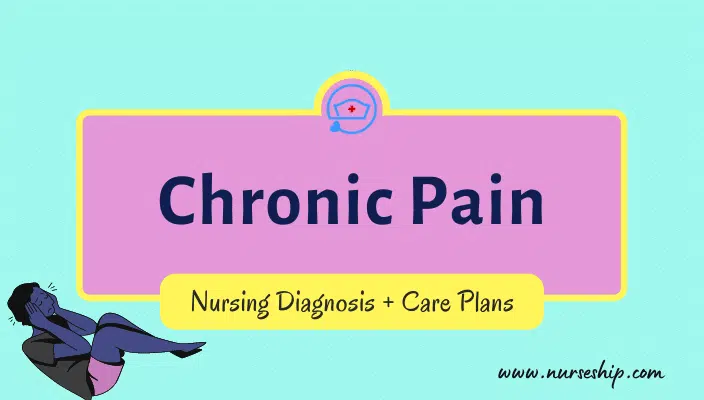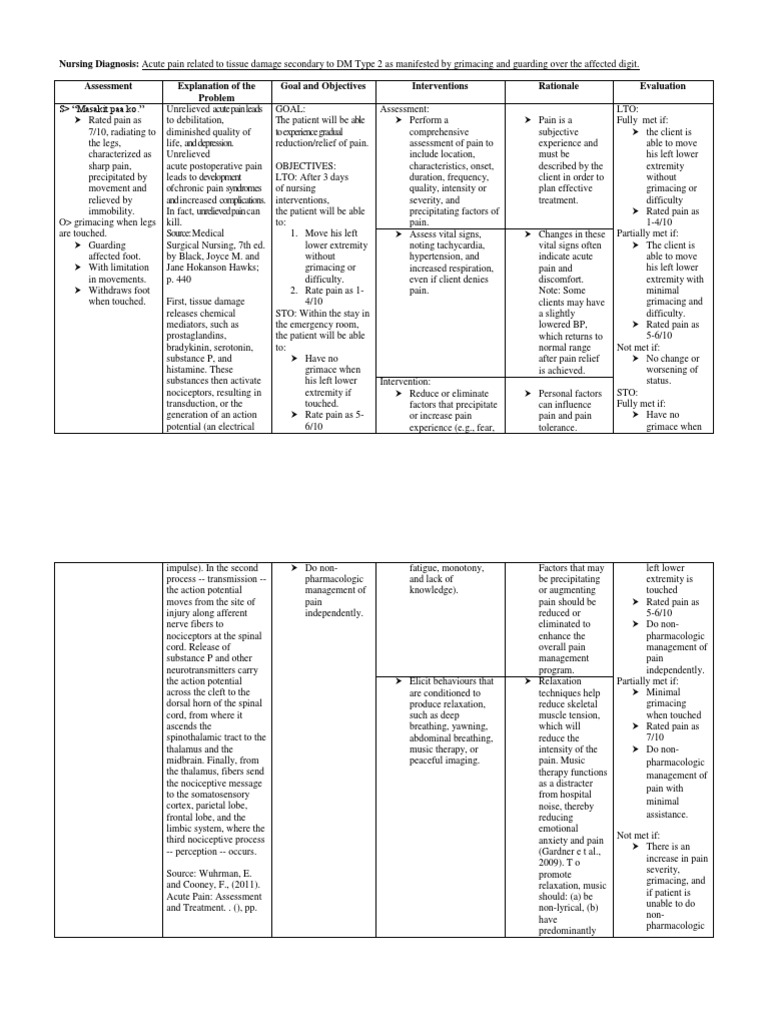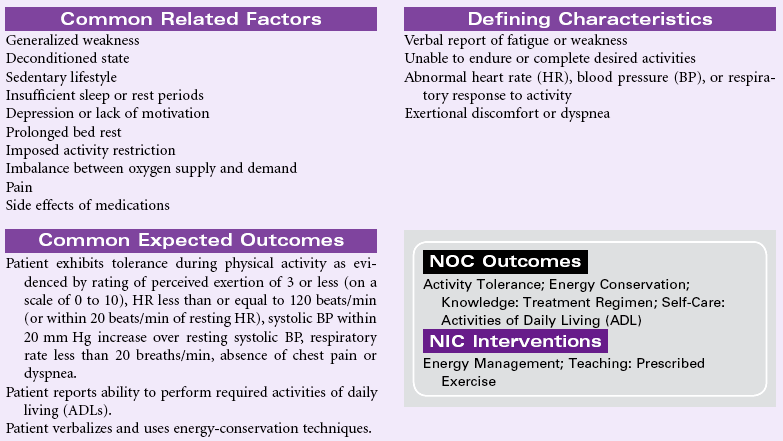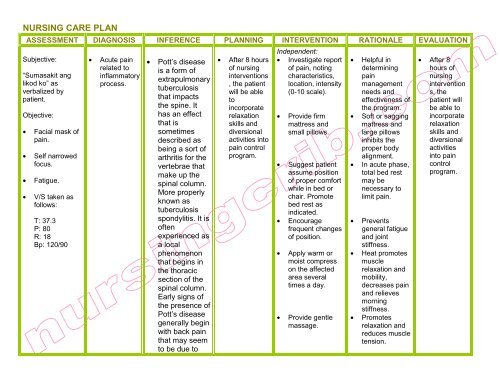Acute pain is a type of pain that occurs suddenly and is typically short-term in nature. It can be caused by a variety of factors, including injury, surgery, or illness. While acute pain is a normal response to tissue damage or injury, it is important to properly manage it in order to prevent it from becoming chronic pain. A well-designed acute pain care plan can help to alleviate pain and improve a person's quality of life.
The first step in creating an acute pain care plan is to accurately assess the severity and location of the pain. This can be done through various methods, such as self-reporting, visual analog scales, or behavioral assessments. It is important to regularly reassess pain intensity and location to ensure that the care plan is effective and to make any necessary adjustments.
Next, the healthcare provider should consider the appropriate treatment options for the individual's specific pain. Non-pharmacological treatments, such as physical therapy, heat or cold therapy, or massage, may be effective in relieving pain. If these methods are not sufficient, pharmacological treatments, such as over-the-counter or prescription pain medications, may be necessary. It is important to carefully consider the potential side effects and risks of any pharmacological treatments and to use the lowest effective dose.
In addition to pain management, it is important to consider the individual's overall physical and emotional well-being. Providing emotional support and addressing any anxiety or depression can help to improve the individual's quality of life. It is also important to encourage the individual to engage in physical activity, within their limits, as appropriate, as this can help to alleviate pain and improve overall function.
Effective communication with the healthcare provider and other members of the healthcare team is also crucial in managing acute pain. The individual should feel comfortable voicing any concerns or questions they may have about their pain or treatment plan. It is also important for the healthcare provider to keep the individual informed about their treatment plan and to make any necessary adjustments based on the individual's response to treatment.
In summary, an effective acute pain care plan should include a thorough assessment of the pain, consideration of appropriate treatment options, attention to the individual's overall well-being, and effective communication with the healthcare team. By following a well-designed care plan, it is possible to effectively manage acute pain and improve the individual's quality of life.









